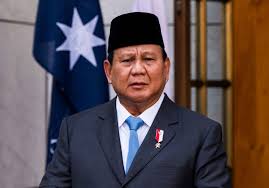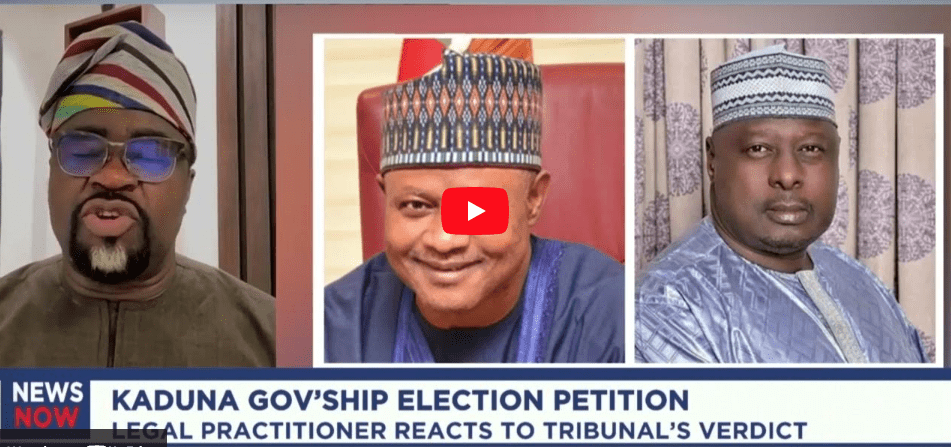Indonesia’s President Proposes Ending Regional Elections to Cut Costs, Raising Democracy Concerns

Indonesia’s President Prabowo Subianto has suggested scrapping one of the country’s two nationwide elections to cut costs, advocating a return to a model similar to that used during its three-decade era of authoritarian rule.
Indonesia, the world’s third-largest democracy, currently votes for presidents and national and regional legislatures in one election and chooses mayors, governors and regents in another for regional leadership positions.
The 73-year-old argued that eliminating regional elections would save funds that could be redirected to essential areas such as school meals and infrastructure upgrades. “We feel the democracy that we have… there are things that we need to fix together,” he said. “How many trillions are spent in one or two days?”
Prabowo’s proposal harks back to the “New Order” era of his former father-in-law, Suharto, a three-decade authoritarian ruler. Under Suharto, local leaders were appointed by regional legislatures, a system critics argue undermined public accountability.
Prabowo’s association with the New Order is significant. As a former special forces commander under Suharto, he was dismissed from the military over alleged human rights abuses, claims he has consistently denied.
Since his election victory in February, where he secured 58% of the vote, Prabowo has consolidated power by forming a near-universal parliamentary coalition. This dominance has fueled concerns among activists and academics about the potential erosion of Indonesia’s democratic institutions.
Political analyst Yoes C. Kenawas criticised the proposal, describing it as “cutting corners” and warning that it could mark a regression for Indonesia’s democracy.
“Prabowo’s idea does not make sense. It cuts corners,” he said, likening it to the New Order era. “This could be a setback to Indonesia’s democracy.” He added that regional elections are still the best way for people to ensure local leaders are accountable.
Prabowo’s office has not clarified whether he intends to formally propose the changes, which would require a major overhaul of Indonesia’s election laws.
While Prabowo frames his suggestion as a cost-saving measure, critics fear it could centralise power and weaken Indonesia’s democratic foundations. The country has worked to strengthen its democratic institutions since Suharto’s resignation in 1998, and any shift toward limiting public participation in elections is likely to spark widespread debate.





